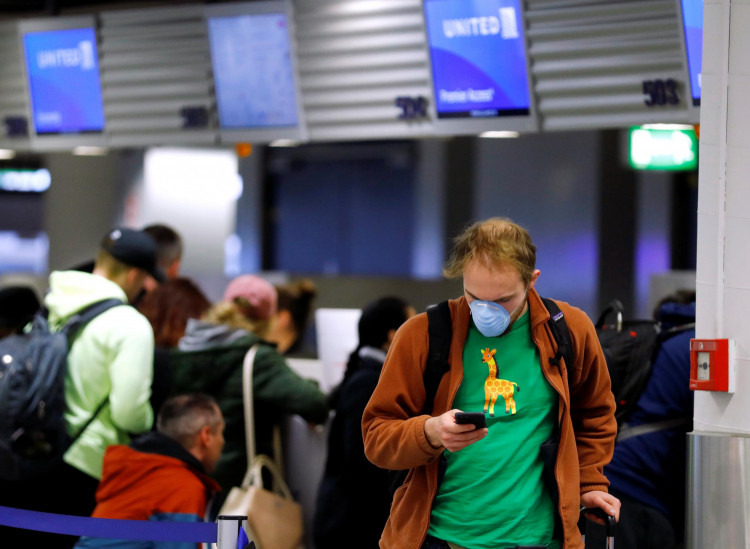United Airlines, a major player in the aviation industry, is set to introduce a significant change in its boarding process. Starting October 26, the airline will prioritize economy passengers with window seats, allowing them to board before those with middle and aisle seats. This strategic move, termed the WILMA system (Window, Middle, Aisle), aims to enhance the boarding experience and reduce time spent in the process.
The decision to revamp the boarding order comes after internal testing by United Airlines. The company has been experimenting with this approach at one of its main hubs and four domestic locations. The results have been encouraging, with boarding times reduced by up to two minutes. In an internal memo shared with staff, the airline emphasized that this change could lead to significant time savings, especially when considering the cumulative effect across multiple flights.
Interestingly, this isn't the first time United Airlines has employed such a boarding strategy. The airline had a similar seating process in place before 2017. However, the introduction of the Basic Economy product, which came with carry-on restrictions, led to a shift in the boarding structure. With the reintroduction of the WILMA system, United Airlines aims to capitalize on its past experience while adapting to current operational needs.
The boarding process, especially for large airlines, is a complex operation. Delays in boarding can lead to cascading disruptions throughout the day, affecting both aircraft schedules and passenger experiences. By optimizing the boarding order, United Airlines hopes to mitigate potential delays, ensuring smoother operations and improved customer satisfaction.
It's worth noting that the changes will primarily affect economy passengers. The boarding procedures for first-class and business-class passengers will remain unchanged. Additionally, the pre-boarding group, which includes travelers with disabilities, active-duty military personnel, families with children aged two or younger, and United's top-tier elite frequent flyers, will also continue with their existing boarding process. Furthermore, the airline has made provisions for groups traveling together, such as families, allowing them to board collectively, ensuring that the new system remains convenient for all passengers.
The aviation industry is no stranger to challenges, and boarding inefficiencies have long been a point of contention for both airlines and passengers. With the introduction of the WILMA system, United Airlines is taking a proactive approach to address this issue. As the airline rolls out this new strategy, it will be crucial to monitor its impact on operational efficiency and passenger feedback.
In conclusion, United Airlines' decision to reintroduce a window-first boarding strategy underscores the airline's commitment to enhancing the passenger experience. As the aviation industry continues to evolve, such innovative approaches will play a pivotal role in determining an airline's success in a competitive market.





